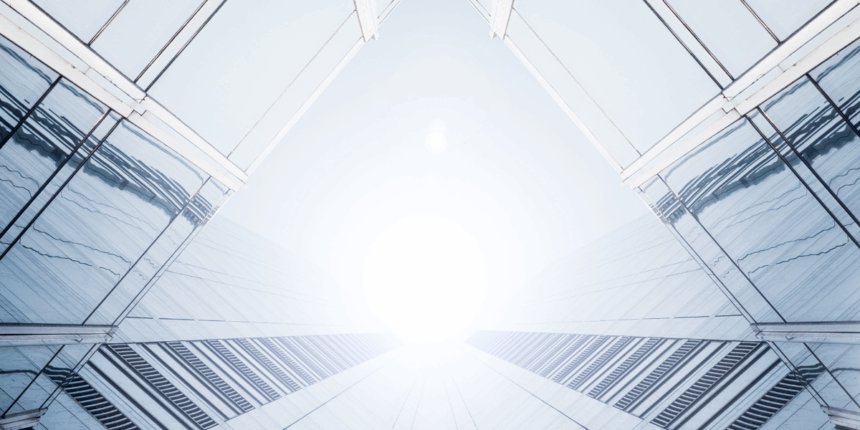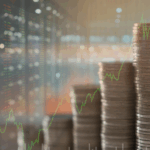In a strategic move within the hydrogen sector, two prominent Dutch companies have come together to form a unified entity aimed at enhancing alkaline electrolyser technology. Schiedam-based Battolyser Systems and Eindhoven’s VDL Hydrogen Systems, a division of VDL Groep, have agreed to merge and pool their resources. This collaboration is expected to broaden the scope of large-scale industrial applications for pressurised alkaline electrolysers. With an eye on innovation, the aim is to pave the way for an economically viable hydrogen economy. Such partnerships reflect a growing trend in the industry toward collaboration and shared objectives.
Hydrogen technology has been evolving with varying dynamics in the past few years. Historically, the challenge has been balancing cost and scalability within the hydrogen production process. The integration of Battolyser Systems’ flexibility-focused technology with VDL’s production capacity marks a shift from previous, more isolated advancements. Unlike before, further attention is now given to accommodating variable renewable energy inputs, reflecting an awareness of climate commitments and industrial demands.
Why Are The Companies Merging?
The merger aims to tackle high costs associated with green hydrogen by crafting a cost-effective and scalable alkaline electrolyser. By joining forces, Battolyser Systems and VDL Hydrogen Systems are targeting industries such as e-fuels and steel, which stand to benefit from this hydrogen technology. Unlike traditional electrolysers, the new system can adapt to fluctuations in renewable energy, enhancing flexibility by converting surplus wind power into hydrogen.
What Drives This Collaborative Effort?
The driving force behind the merger reflects a shared vision for advancing the hydrogen economy. With VDL Groep taking on the role of a manufacturing partner, both companies aim to realize a larger industrial impact. Mattijs Slee, CEO of Battolyser Systems, emphasized the partnership’s complementary technologies as instrumental in offering a better industrial-scale product.
“Our technologies are complementary to each other and together we can develop a better product,”
he said. The focus is also set on strengthening Europe’s competitive position in hydrogen technology.
VDL Groep, a family-owned business well-known for its industrial expertise, provides a solid backing for this venture. Since its inception in 1953, VDL has shown capability in diverse sectors like mobility and energy. The company operates across 20 countries and has a workforce exceeding 14,000 employees, highlighting its significant industrial influence.
With the merger projected to finalize in the fourth quarter of 2025, stakeholders from both firms are committed to funding and supporting future developments in the combined entity. This comes as part of efforts to create a sustainable and efficient hydrogen supply chain suitable for current and future energy demands.
Such cross-company collaborations illustrate a proactive strategy to address both economic and environmental challenges in current hydrogen production methodologies. Integrating technology and manufacturing expertise promises broader applications and enhanced scalability, key factors in the growth of the hydrogen market. This merger signifies a pivotal moment that could shape the renewable energy landscape, particularly in Europe, strengthening the transition toward sustainable industry practices.










